A generation of young Vietnamese filmmakers is now obsessed with exploring the depths of human emotions, but they appear to have missed the happier part of the spectrum.
At a conference on the sidelines of the 20th Vietnam Film Festival in November 2017, a senior filmmaker expressed her surprise that many young filmmakers in Vietnam have chosen to delve into such dismal themes as if they had just personally experienced a traumatic shock, while in fact they had grown up in the comfort of a loving family.
This is in stark contrast to their predecessors, who always managed to look on the bright side of life and to infuse that optimistic outlook into their cinematic works even in the face of wartime terror and financial hardship, other directors asserted at the conference.
“Why is it that the young generation has a tendency to make such gloomy films while their life is arguably more comfortable than that of their forebears?” Ngoc Diep, a columnist for Tuoi Tre (Youth) newspaper, raised the question.
“Many youths now delve into the themes of sex and mental illness, building up characters that are desolate, depressed and suicidal. This air of despair is most commonly found in indie movies and those made by students of cinema schools where they are free to experiment with different genres,” Diep wrote.
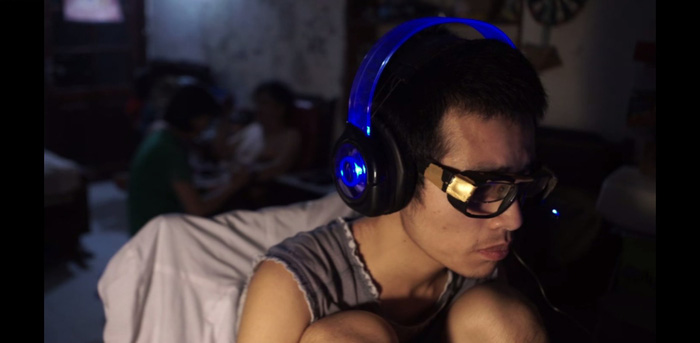 |
| A scene from ‘The Call,’ a movie about a young Vietnamese man who has lost touch with real life due to his video game addiction. Courtesy of the filmmakers |
A gloomy picture
Le Hong Lam, a journalist, said he had been surprised by how over half of the end-of-course projects made by film production students at Hoa Sen University in Ho Chi Minh City in 2015 involved violence, mental illness, and torture.
After that year, Hoa Sen professors tried to encourage their students to pick topics more grounded and relatable to everyday life, and the result was the dominance of ‘lovey-dovey’ movies.
“I don’t understand how youths can swing between the two extremes like they did,” Lam said.
In 2015, a group of young Vietnamese filmmakers were summoned by police officers for making a film based on the true events of the Binh Duong massacre, in which a family of six were brutally murdered in their own home, using the victims’ real names.
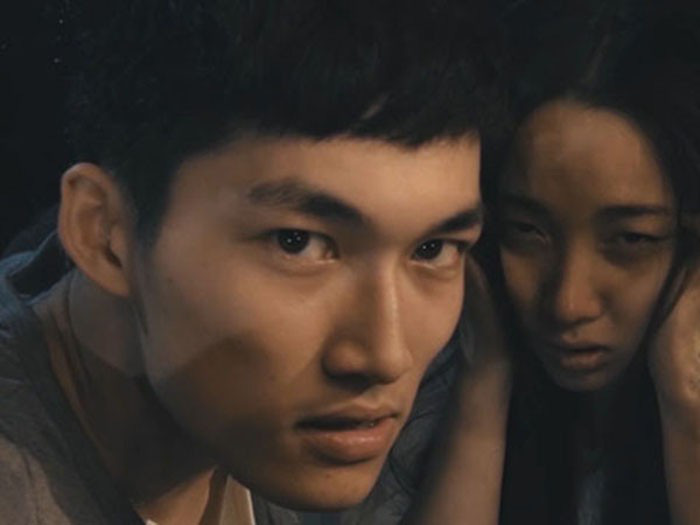 |
| A scene from ‘Emotions,’ a 2015 student film project that involves elements of mental illness and violence. Courtesy of the filmmakers |
Nguyen Hoang Diep, an independent filmmaker, said around 70 percent of the films submitted to regional film festivals that she happened to be a member of the board of judges involved psychiatric disorders and murder.
Scripts with elements of horror, violence and blood also accounted for up to 80 percent of those received by the TPD center for developing film talents in Hanoi, according to Hoang Phuong, an official at the center.
Indie films – movies that place more importance on their creators’ cinematic statements than how they would be received by the audience – are an especially fertile land for aspiring filmmakers to depict what they see as the miserable lives of people in the modern age who struggle to exist in half-developed metropolitans.
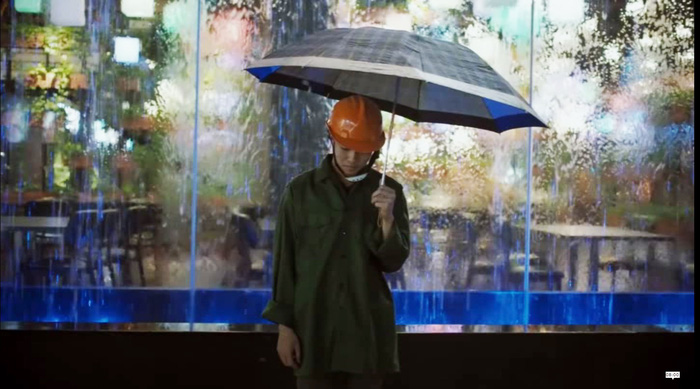 |
| A scene from ‘Buffer Zone,’ a film about the miserable lives of construction workers in a big city. Courtesy of the filmmakers |
“Many of my students have submitted scripts that are quite peculiar, with the protagonists being described as leading desolate lives and being constantly depressed to the point of suicide,” said director Nguyen Khai Hung.
“I find it strange because [my students] wake up at ten in the morning, go to school on a fancy motorbike, and always own the most expensive smartphone on the market. I wonder what could be the cause for their frustration with life that had produced such a dreary story,” Hung added.
“While it is true that life does not always look pink, is it as grey as how many young filmmakers are painting it to be?” he said.
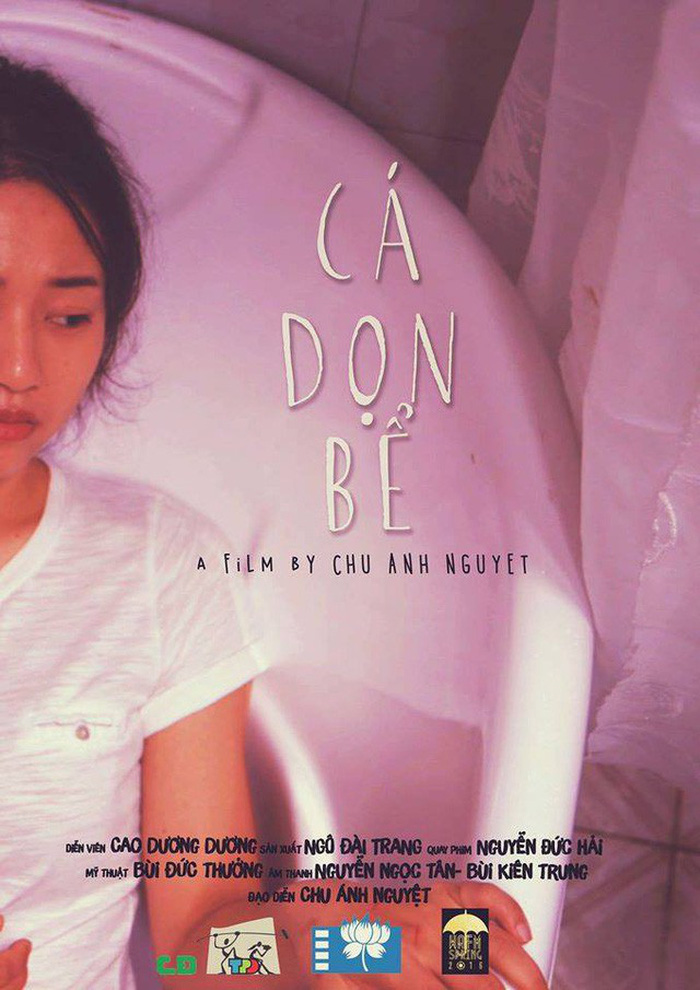 |
| The poster of ‘Suckermouth,’ a film about the life of a depressed young girl who spends her days cleaning the bathroom. Courtesy of the filmmakers |
Final words
Each filmmaker has their own creative tendency and style of artistic expression that should be respected and valued, as should the right to freely express their outlook on life in their works, observers said.
A gloomy film can by all means be a good one, they added.
However, when too many young filmmakers express the same sense of gloom in their movies, it is only reasonable to try and find the answer to the question why.
Is it because the social reality is truly funereal? Is it because making dark-themed films is the best way to showcase one’s cinematographic talent?
Or is it simply what attracts the most monetary support from foreign cultural funds?
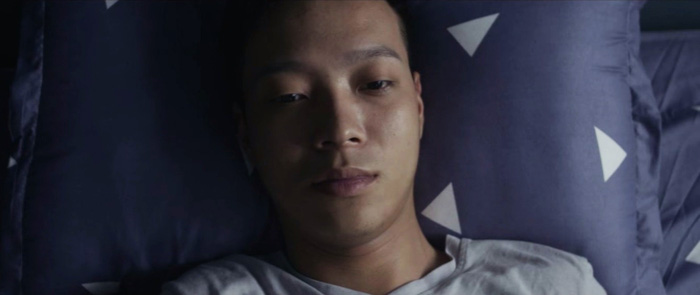 |
| A scene from ‘Ting,’ a film about a Vietnamese man who commits suicide after being haunted by the notification sounds of his smartphone. Courtesy of the filmmakers |
Like us on Facebook or follow us on Twitter to get the latest news about Vietnam!



















































